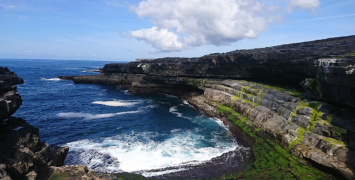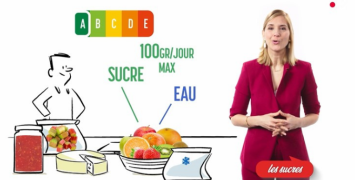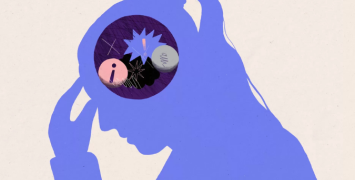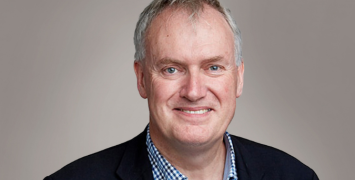Helping families through public health crises
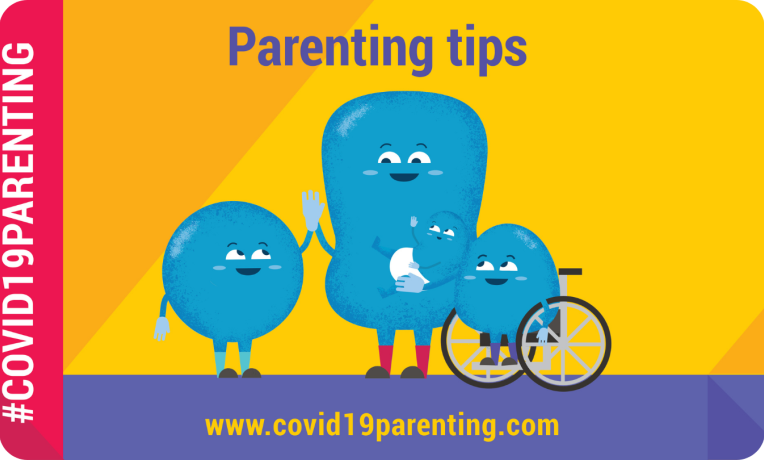
Lucie Cluver transformed her evidence-based parenting programme into accessible multimedia resources during the COVID-19 pandemic. By mobilising NGOs, volunteers, and social media influencers, her outreach efforts reached millions of families worldwide.
‘In March 2020, when 1.8 billion children were sent home due to lockdown, a dangerous combination of factors emerged’, Cluver says. ‘Bereavement, financial crises, school closures, and mental health distress all heightened parental stress, while access to supportive services and law enforcement became severely restricted. This created an urgent and unprecedented challenge: how could families be supported to cope and prevent a surge in pandemic-related child abuse?’
In response, Cluver joined forces with her colleague Jamie Lachman, and their team developed innovative multimedia tools that provided parents with practical strategies to manage stress and support their children's well-being, helping to mitigate these risks. Cluver notes, ‘We had the science – our ERC-funded Parenting for Lifelong Health programme, designed to support families in low-resource settings. Holding that ‘vaccine’ – a proven tool to reduce the risk of child abuse – it was clear we had to act.’
The task of repackaging this knowledge was daunting. It required adapting in-person programmes for accessibility in every language, ensuring cultural acceptability, and distributing them to families worldwide - all while navigating the uncertainty of a global pandemic. To achieve this, Cluver's team extracted about a dozen principles of positive parenting from the in-person programme and transformed them into multimedia resources: tip sheets, radio broadcasts, and public service announcements. These resources communicated simple, practical strategies that families could use to cope with – and even thrive – through lockdowns.
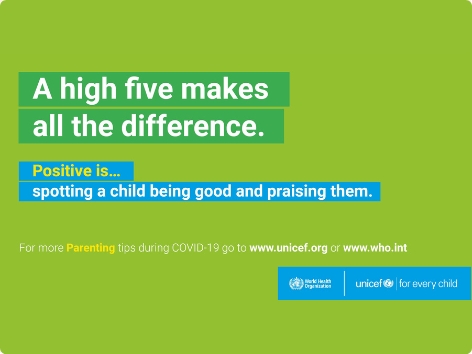 Getting these messages out was a global, collective effort, says Cluver. ‘Our team actively identified child- and family-focused NGOs by region and partnered with WHO, UNICEF, and influencers across social media networks. For example, UNICEF's Internet of Good Things provided data-free access to content in six African countries. Meanwhile, volunteers from Generali Insurance translated the resources into over 30 languages in just a weekend. Faith-based networks and citizen volunteers contributed an additional 85 translations within two weeks. Disability organisations adapted the resources with The Special Olympics, and UNODC distributed them in refugee camps.
Getting these messages out was a global, collective effort, says Cluver. ‘Our team actively identified child- and family-focused NGOs by region and partnered with WHO, UNICEF, and influencers across social media networks. For example, UNICEF's Internet of Good Things provided data-free access to content in six African countries. Meanwhile, volunteers from Generali Insurance translated the resources into over 30 languages in just a weekend. Faith-based networks and citizen volunteers contributed an additional 85 translations within two weeks. Disability organisations adapted the resources with The Special Olympics, and UNODC distributed them in refugee camps.
Citizen-led groups adapted research sensitively to their contexts while preserving the evidence base
Awareness spread rapidly, with individuals and groups at all levels contributing to distribution. From Boda Boda riders in Kenya to eight African First Ladies, everyone played a role. Creative spin-offs included videos from animators and a parenting song developed with a Broadway team, which was downloaded over 15 000 times and turned into ringtones across Eastern and Southern Africa.
‘To ensure these resources were truly effective, we established accessible feedback channels, encouraging communities to co-create and adapt them to their local needs. We created a digital repository for continuous mutual exchange, allowing communities to share their adaptations. As messages went out, feedback came in, offering insights into how communities adapted, customised, and improvised to meet their needs and cultural norms. These examples became resources for other communities worldwide to use and learn from.’
‘The original messages were grounded in scientific content but were never intended to be the final word; they served as a foundation for further adaptation. For instance, images proved particularly culturally sensitive, with line drawings and cartoons used in different settings to ensure cultural appropriateness.
‘Necessity dictated that we trust communities to use the scientific knowledge we offered in the way that worked for them. This meant making the resources open-source and adaptable. Once disseminated, it was out of our hands, but we found, without exception, that citizen-led groups can adapt research sensitively to their contexts while preserving the evidence base. Public engagement not only informs the public but also improves science, reaching places and populations that would otherwise be inaccessible. ‘
Public engagement is no longer an add-on; it’s central to research that responds to contemporary realities
‘Our goal of reaching every child in the world required unprecedented collaboration - bridging international agencies, governments, industry, media, academics, NGOs, grassroots groups, civil society, citizens' collectives, and households. This collaboration led to the breakdown of traditional silos, revealing that the concerns of a single mother in a village in Cameroon could echo those of a government minister seeking to protect families.’
‘In times of global crisis, scientific research must adapt. Our COVID-19 parenting support network of over 240 NGOs filled crucial communication gaps as pandemic-struck government services faltered. Similarly, in Sudan, community groups are stepping in where the fragile state is unable to act. Science that relies solely on formal structures will be sidelined in times of crisis. As climate shocks intensify, the frontier of scientific research is shifting to crisis contexts. Public engagement is no longer an add-on; it's central to research that response to contemporary realities and changes the prospects of our world.’
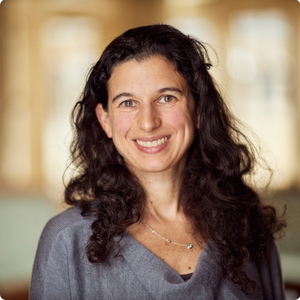 Biography
Biography
Lucie Cluver is a Professor of Child and Family Social Work, in the Department of Social Policy and Intervention at the University of Oxford, and an Honorary Professor in Psychiatry and Mental Health at the University of Cape Town since 2009. She is a Professorial Fellow at Nuffield College. She has held an ERC Starting Grant (PACCASA) on preventing child abuse in the context of AIDS in sub-Saharan Africa, an ERC Proof of Concept Grant (CAPITA), and an ERC Consolidator Grant (HEY BABY), on empowering adolescent parents and their children in Africa.


